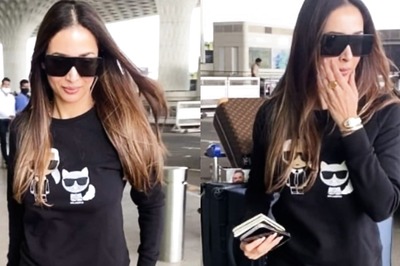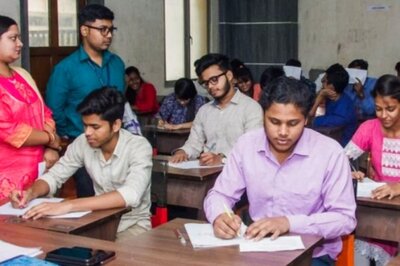
views
FIFA ethics judge Hans-Joachim Eckert, responsible for deciding whether there was corruption in the bidding process for the 2018 and 2022 World Cups, said only four people have seen the report following an investigation into the decisions.
Eckert, who heads the adjudicatory chamber of FIFA's ethics committee, said he hoped to finish his work by the end of October or early November, adding that he understood the case was "urgent".
The German judge has been handed a 430-page report, plus 200,000 pages of evidence, following a year-long probe by Michael Garcia, FIFA's ethics investigator and a former United States attorney.
The 2018 World Cup was awarded to Russia and the 2022 tournament to Qatar simultaneously by FIFA in December 2010, following a turbulent bidding process.
Shortly before this year's World Cup in Brazil, the Sunday Times reported that some of the 'millions of documents' it had seen linked payments by former FIFA executive committee member Mohamed Bin Hammam to officials to win backing for Qatar's World Cup bid.
"This report has definitely been seen by only four people... nobody else has seen this report, neither FIFA nor any other organisations have got this report and this is how it was meant to be," Eckert told the World Summit for Ethics in Sports in Zurich on Friday.
"You can rest assured that we professionals know how to safeguard the report, and not give anyone access to it.
"I hope to complete the investigation at the end of October or the beginning of November," he added. "I understand that it is urgent."
FIFA could order a re-vote if the report finds evidence of serious wrongdoing.
"I have heard and read reports where it is alleged people have applied pressure on me to disclose detail about this report, but it's absolutely wrong to say that former executive members of FIFA have called me," added Eckert.
"If that is the case, Michael Garcia would have to deal with new cases.
"There is an obligation for secrecy for all members of the ethics committee and we will comply with this, you cannot expect anything to be disclosed from this report (before the final decision)."
Eckert implied that details of the report would be made public once the decision had been made.
"You will know, but you will also have to respect that the persons who are potentially affected deserve to be protected in their privacy, so we have to presume people are not guilty until the end of the proceedings," he said.



















Comments
0 comment